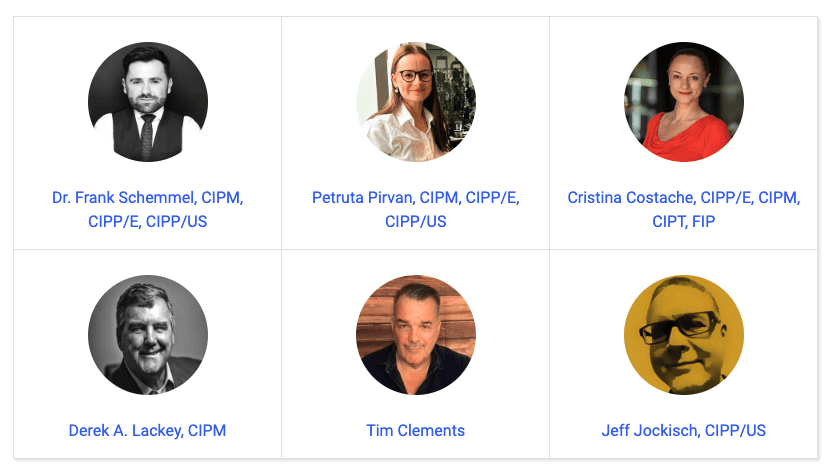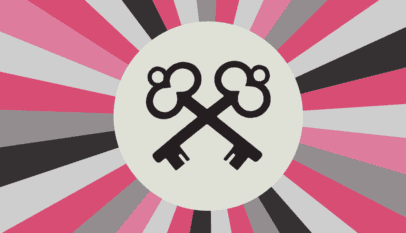
The rapid rise in data collection has been easy to ignore for many people. As long as our apps run smoothly and our packages show up on time, we don’t give much thought to what goes into making that possible.
That blissful ignorance has been chipped away in recent years with increased data breaches, scandals, and exposures of bad business practices. As a result, consumers are becoming more aware of how their data is collected, used, shared, sold, and often, mishandled.
Likewise, governments are doing what they can to protect users’ data, give them more control, and hold businesses accountable.
The burden is now on businesses to cultivate a culture of transparency and respect for their consumers’ data.
For this article, we asked several data privacy experts a few questions about the rise of data collection, its impact on the world and regulations, and how businesses and governments should behave going forward.
Who we spoke with:
 Dr. Frank Schemmel, CIPM, CIPP/E, CIPP/US |  Petruta Pirvan, CIPM, CIPP/E, CIPP/US |  Cristina Costache, CIPP/E, CIPM, CIPT, FIP |
 Derek A. Lackey, CIPM |  Tim Clements |  Jeff Jockisch, CIPP/US |
The Rise of Big Data
The last decade has brought about an unprecedented increase in data collection, usage, selling, and more.
As of April 2022, there were five billion internet users worldwide, a staggering 63% of the world’s population. But data collection does not only come from users logging into a website here and there.
With the rise of “smart” everything, businesses have never had such a treasure trove of user information. These days, data gets collected in everything we do for as long as we remain connected to the Internet.
About 29 billion connected devices have been forecast for 2022, with the Internet of Things (IoT) — everyday objects connected to the Internet — accounting for about 18 billion. This number is projected to be 38.6 billion worldwide by 2025.
Our connection to these devices results in 2.5 quintillion bytes of data generated daily, with our actions constantly recorded, analyzed, and monetized.
The Gilded Age of Data Collection
For a while, businesses had free rein with user data. They could collect data and use it as they pleased with little oversight.
Everything was new and shiny, and the only thing consumers knew was that their lives were being made easier. Data was a word used by tech professionals; it was hardly on any average person’s mind.
As technology grew and we became more connected, companies began to realize the importance of understanding the customer and creating personalized experiences.
So they began to horde data — unfettered and with or without the consent of users.
For example, they began to view customers’ actions, such as clicking a link, downloading a coupon, or making an online purchase, as indicators of future sales success. Marketers could now see how many people clicked on their ads, how much time they spent looking at their products, where they had been before, and whether they returned.
Data was good for business, and it was here to stay.
Big Data Takes Off
Privacy 2024 Recap – some significant decisions, slow progress for reform
The past year saw a few court decisions of note as well as halting progress toward privacy…














